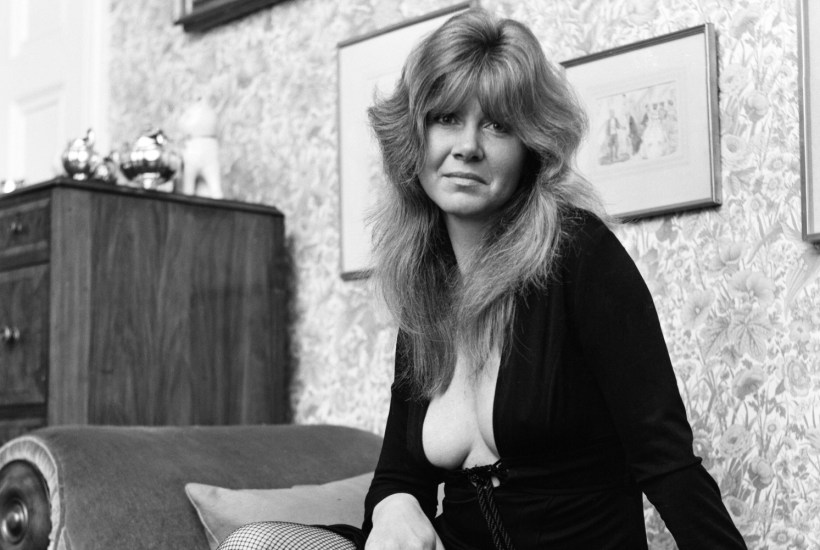What do the names Octavia, Prudence, Harriet, and Imogen all have in common? If you don’t know the answer to that, you’re probably – unlike our current prime minister – not a fan of Jilly Cooper.
Cooper has just published her latest bonkbuster Tackle, one of the doorstep-sized Rutshire Chronicles series that also includes Riders and Rivals.
Already a subscriber? Log in
Subscribe for just $2 a week
Try a month of The Spectator Australia absolutely free and without commitment. Not only that but – if you choose to continue – you’ll pay just $2 a week for your first year.
- Unlimited access to spectator.com.au and app
- The weekly edition on the Spectator Australia app
- Spectator podcasts and newsletters
- Full access to spectator.co.uk
Or




















Comments
Don't miss out
Join the conversation with other Spectator Australia readers. Subscribe to leave a comment.
SUBSCRIBEAlready a subscriber? Log in